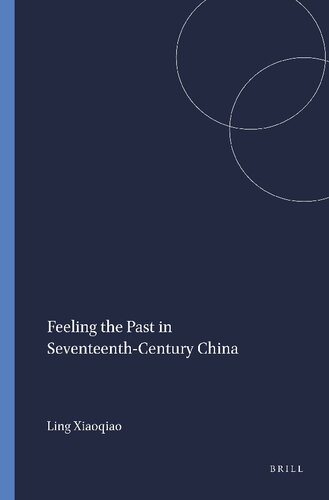

Most ebook files are in PDF format, so you can easily read them using various software such as Foxit Reader or directly on the Google Chrome browser.
Some ebook files are released by publishers in other formats such as .awz, .mobi, .epub, .fb2, etc. You may need to install specific software to read these formats on mobile/PC, such as Calibre.
Please read the tutorial at this link: https://ebookbell.com/faq
We offer FREE conversion to the popular formats you request; however, this may take some time. Therefore, right after payment, please email us, and we will try to provide the service as quickly as possible.
For some exceptional file formats or broken links (if any), please refrain from opening any disputes. Instead, email us first, and we will try to assist within a maximum of 6 hours.
EbookBell Team

5.0
20 reviewsDuring the Manchu conquest of China (1640s–1680s), the Qing government mandated that male subjects shave their hair following the Manchu style. It was a directive that brought the physical body front and center as the locus of authority and control. Feeling the Past in Seventeenth-Century China highlights the central role played by the body in writers’ memories of lived experiences during the Ming-Qing cataclysm. For traditional Chinese men of letters, the body was an anchor of sensory perceptions and emotions. Sight, sound, taste, and touch configured ordinary experiences next to traumatic events, unveiling how writers participated in an actual and imagined community of like-minded literary men.
In literature from this period, the body symbolizes the process by which individual memories transform into historical knowledge that can be transmitted across generations. The ailing body interprets the Manchu presence as an epidemic to which Chinese civilization is not immune. The bleeding body, cast as an aesthetic figure, helps succeeding generations internalize knowledge inherited from survivors of dynastic conquest as a way of locating themselves in collective remembrance. This embodied experience of the past reveals literature’s mission of remembrance as, first and foremost, a moral endeavor in which literary men serve as architects of cultural continuity.